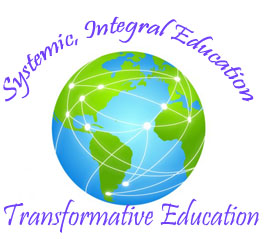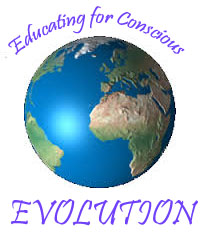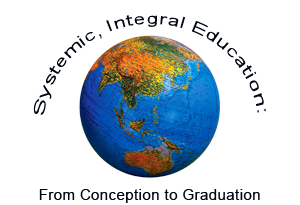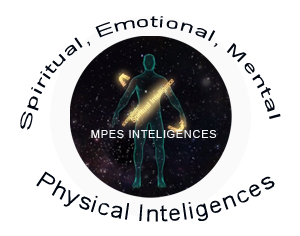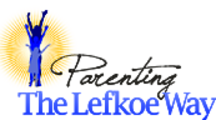Early Childhood
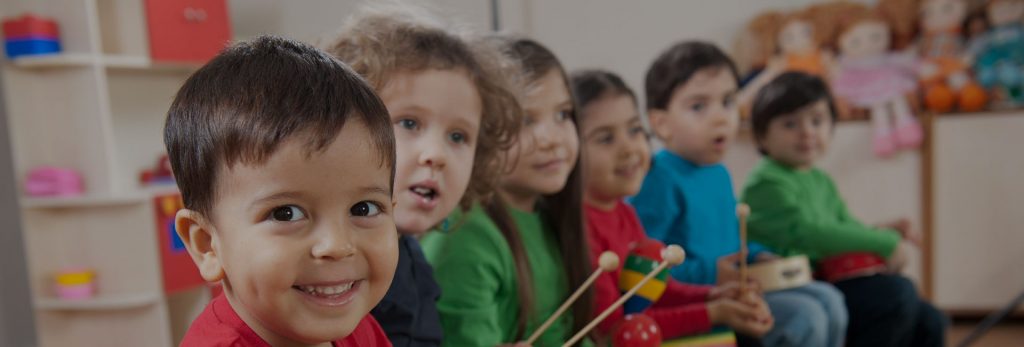
Parents, children, families, and friends, (educational institutions if present) play important roles in the development of the physical, spiritual, emotional and mental during early childhood. Developing the physical and emotional intelligences provides a resilient foundation for the development of the child’s mental capacities.
A child’s body, brain and emotions are constantly changing as a result of the quality of their environment, the relationships and support they experience and the stimulation of their different, uniqueness. The intelligences of a human being are ever expanding in a dynamic interaction with all of life, throughout all of life.
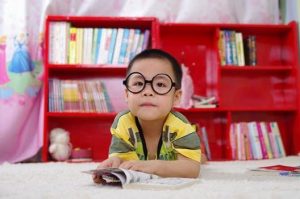
Integral education is an approach to education that provides a powerful foundation for living life and preparing people to live in a complex and ever changing world. In this model, the first 18 years of a person’s life are focused on developing and integrating the physical, spiritual, emotional and mental intelligences.
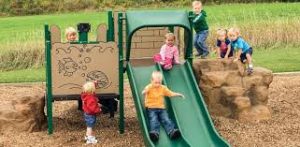 An integral education approach honors the individual and
An integral education approach honors the individual and 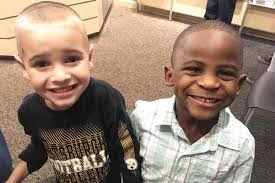 cultivates their unique understanding and expression of what is possible in their own lives. From a very early age, young people learn to relate to the world with an integral worldview. Thus, the introduction to the adult phase of their life is grounded in educational experiences which have interwoven these powerful expressions of human consciousness. The focus is foremost on the ontological aspects of intelligence, i.e., the being of the human being, which in turn provides a life altering context in which learning occurs.
cultivates their unique understanding and expression of what is possible in their own lives. From a very early age, young people learn to relate to the world with an integral worldview. Thus, the introduction to the adult phase of their life is grounded in educational experiences which have interwoven these powerful expressions of human consciousness. The focus is foremost on the ontological aspects of intelligence, i.e., the being of the human being, which in turn provides a life altering context in which learning occurs.

